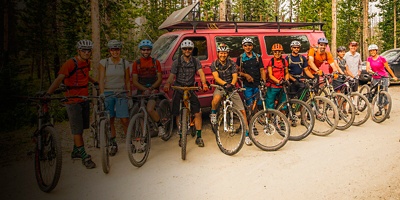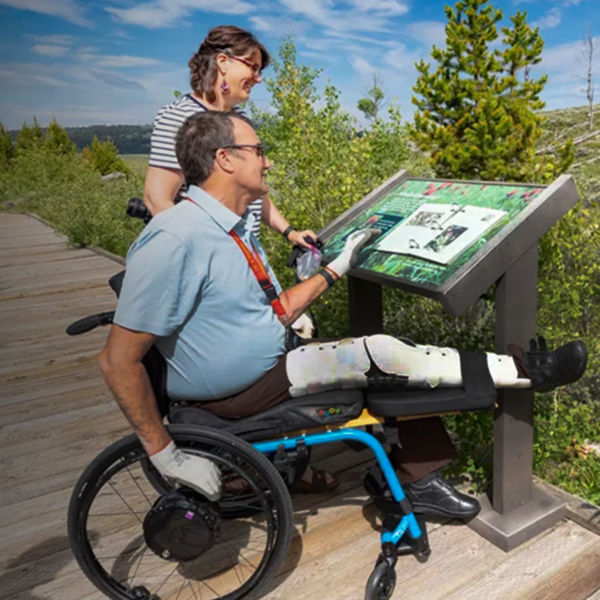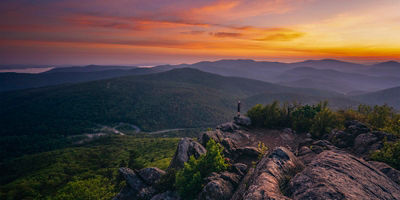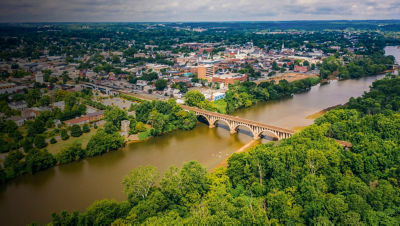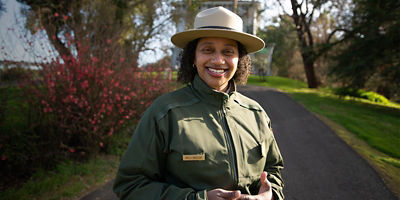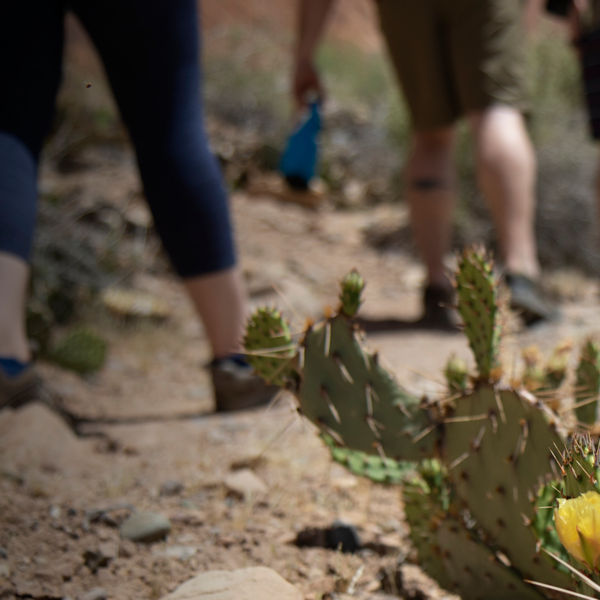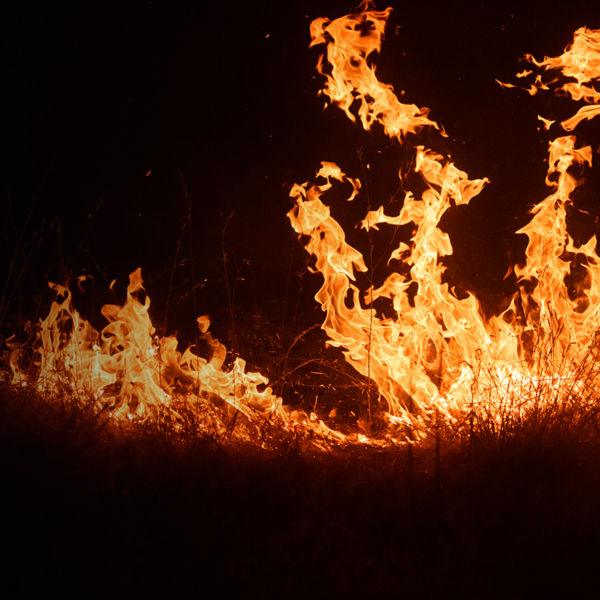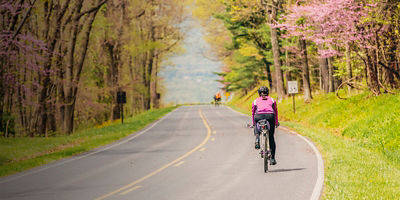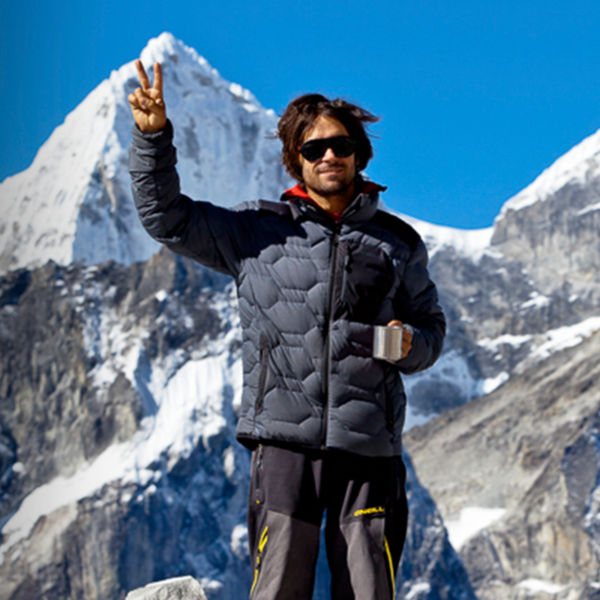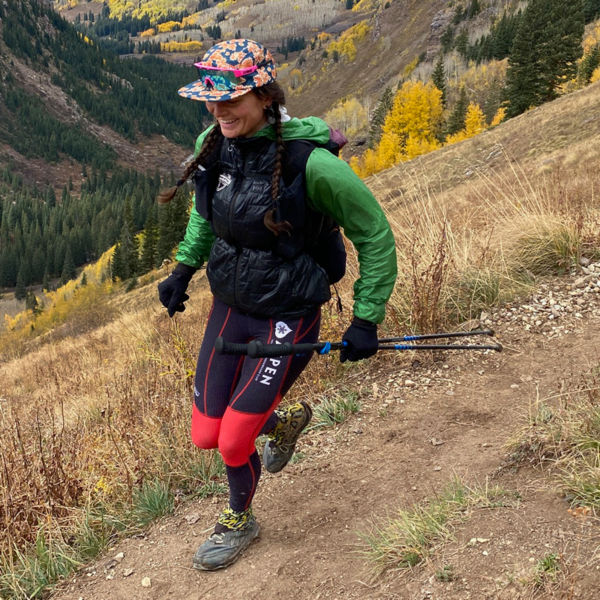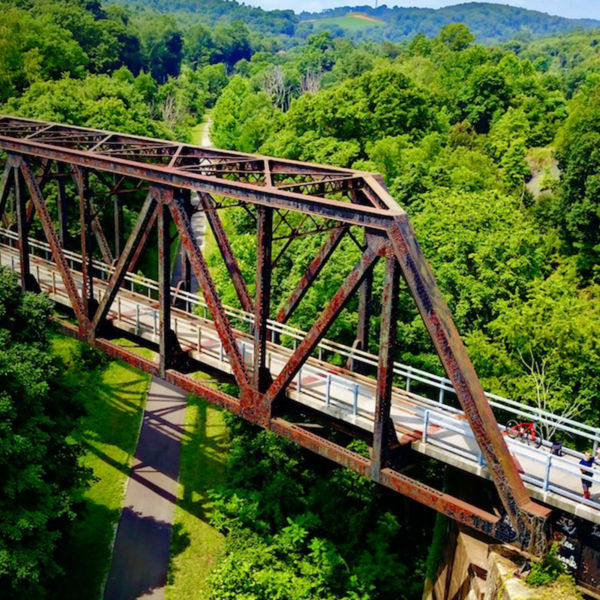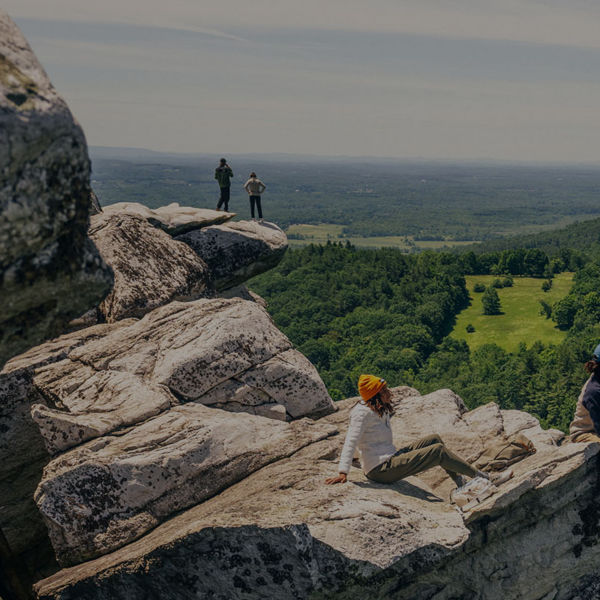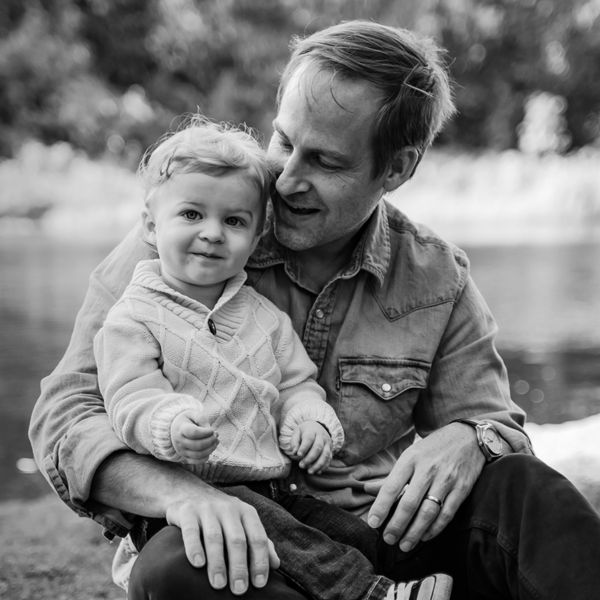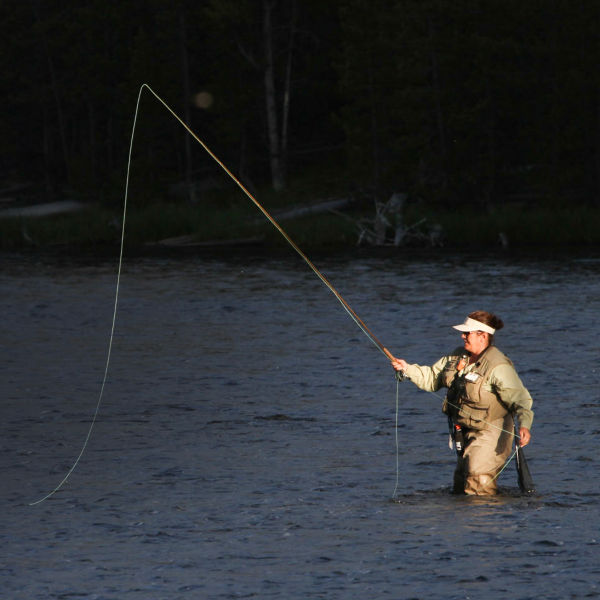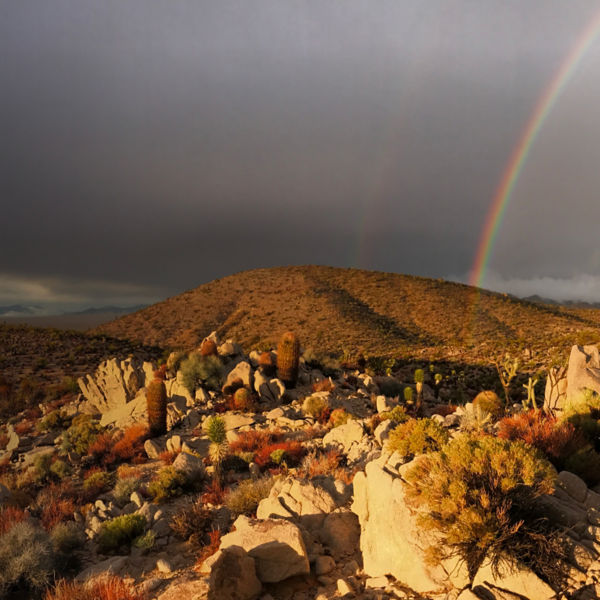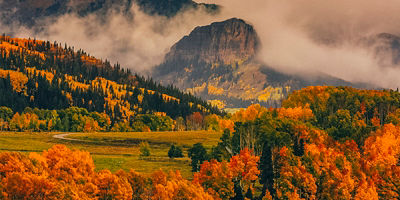
Here’s a good problem to have: In the early 2000s, there were many small advocacy organizations lobbying for their individual outdoor interests in Washington D.C., representing kayakers, bikers, climbers, hikers, and more. The problem? Lots of passion, not a lot of collaboration.
“Eventually it was like, why aren’t these groups talking to each other? Why aren’t they working together?” says Tania Lown-Hecht, Communications Director at the Outdoor Alliance. The disparate groups soon united under the umbrella of the Outdoor Alliance (which got 501c3 status in 2014) to increase their muscle. Today, the Outdoor Alliance is a coalition of 10 different groups that represents the interests of the human-powered outdoor recreation community.
“When we work together and unite our voices we have more of an influence on policy outcomes. That’s what we did and it’s been incredibly effective,” says Lown-Hecht. Public Lands is proud to support the Outdoor Alliance in its efforts to protect the country’s wild places. Here’s how they’re getting it done.
1. Making Policy Accessible
It can be hard to understand all the intricacies of different pieces of legislation. The Outdoor Alliance works to translate policy and make it digestible for everyone.
“Even for the people doing this work it can feel really complicated,” says Lown-Hecht. “A big part of what we do is just analyze policy and make it accessible. We give you the digest of what you care about and what you can do about it.”
In doing that, the Outdoor Alliance provides folks with the relevant policy information that affects the places and issues close to their hearts. When people have a good understanding of an issue they are better prepared to take action.
2. Providing Opportunities for Action
Maybe you care deeply about an issue, but are unsure about the best thing to do to help. The Outdoor Alliance helps people participate in politics and advocacy by giving them the right tools, and by telling them when and how to use them.
“Part of our strength is bringing the outdoor community together and giving them really meaningful ways to take action on things and bring their voices together when it matters most,” says Lown-Hecht. This could include things like signing petitions, letter-writing campaigns, and calling representatives in Congress. The Outdoor Alliance has a guide called Advocacy 101 that breaks down things like how to call your elected officials, how to raise money for a cause, and how to keep up with the issues you care about. Just a few hundred letters can make a big difference. “Part of what we do is try to channel people’s passion for the places they live in, and help them protect those places. Everytime you make a phone call or write a letter, it really does make a tremendous difference overall.”


